The Indian government will defer the launch of the privatisation process of Air India (AI, Delhi International) to first further reduce the carrier's level of debt, the Indian media have reported.
According to the Economic Times, in order to make the company more attractive, the government is planning to directly repay INR220 billion rupees (USD3.1 billion) owed by Air India to fuel suppliers, ground handlers, and airports. The government is also considering waiving the INR155 billion (USD2.2 billion) debt owed directly to the state by the airline.
"We are discussing ways to reduce these dues, which the airline owes to oil companies and various airport operators, among others," an unnamed government official said.
The airline's total debt stood at around INR600 billion (USD8.4 billion) before the government assumed INR294 billion (USD4.1 billion) through a special purpose vehicle Air India Asset Holding Ltd (AIAHL) earlier this year. AIAHL is now issuing bonds in tranches to repay this debt. On top of the remaining INR306 billion (USD4.3 billion) debt, Air India also has around INR220 billion (USD3.1 billion) in other liabilities.
Taking into account all planned moves, the total debt of Air India, including towards customers who purchased tickets, would be reduced to below INR200 billion (USD2.8 billion).
The government's stated goal is to reduce Air India's total debt to below the level of its annual revenues, which stood at nearly INR300 billion (USD3.1 billion) last year.
The carrier has also embarked on a real estate selling drive, hoping to earn around INR150 billion (USD2.1 billion) from the sale of properties in India and abroad. The proceeds would go towards the repayment of legacy debt.
The Business Standard has reported, citing unnamed sources, that informal bidding will start in the first quarter of 2020. According to the original schedule, the divestment process was due to launch by the end of November 2019. The government is said to be taking its time to prepare an attractive deal for prospective buyers when they return from their Christmas and New Year holidays.
However, the Indian government denied this delay in a statement to ch-aviation.
"The Preliminary Information Memorandum process requires approvals at different levels. These approvals require thorough deliberations and hence, take time. There has been no internal decision made to push it to 2020. In all likelihood, PIM may come out as planned earlier," Additional Director General in the Press Information Bureau Rajeev Jain said.
There appears to be interest for an Air India acquisition among major corporations in the country, transaction adviser Ernst & Young (EY) has shown.
Potential buyers see an opportunity in acquiring Air India to fill the void in long-haul destinations from the country, the initial source said, elaborating: “Interactions with prospective bidders have shown that they recognise there’s white space available after the exit of Jet Airways. Even an existing airline seeking to expand its international footprint can leapfrog that process with Air India."
However, the government is also holding roadshows abroad in an attempt to drum up interest, with officials from the Ministry of Civil Aviation and the Department of Investment and Public Asset Management due to visit Singapore and London in November.
"The significant difference between the current process and the previous one is that the government is willing to listen to investor concerns and sort them out," the source said.
For the coming sale, the government will also relax a rule for the new owner to lock in its shareholding for at least three years, while also allowing the new owner to conduct a merger with any existing business belonging to the buyer.
The government will be seeking a buyer for an up to 76% stake in Air India. The previous attempt to privatise the airline failed in 2018 when no investor submitted a bid.
- Type
- Base
- Aircraft
- Destinations
- Routes
- Daily Flights
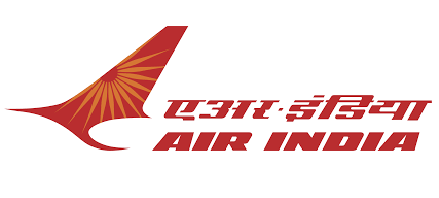
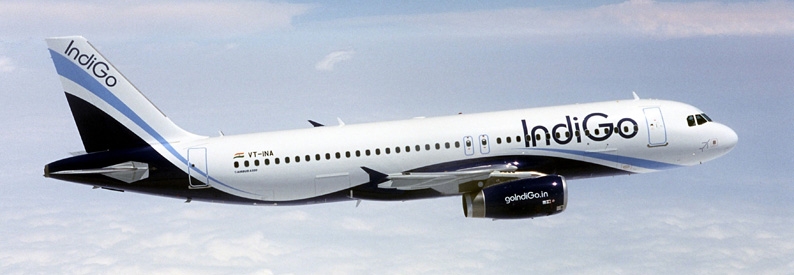
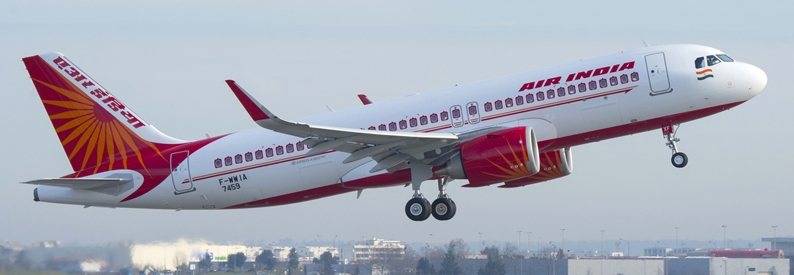
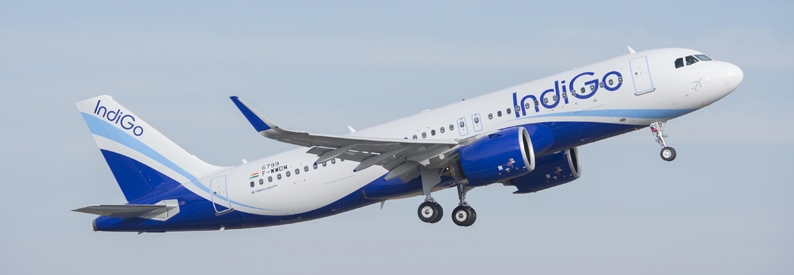
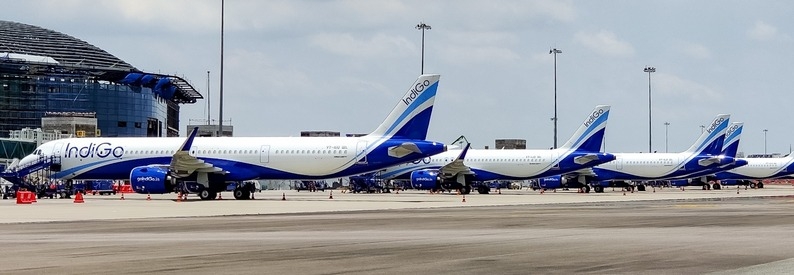
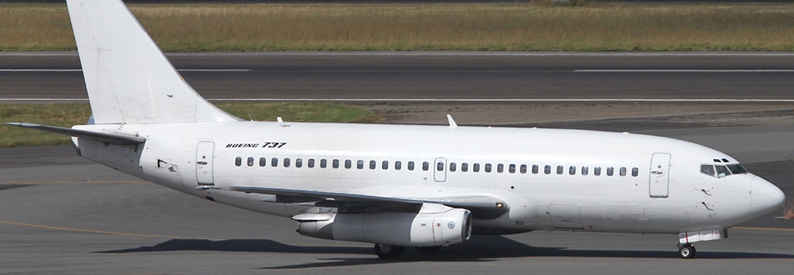
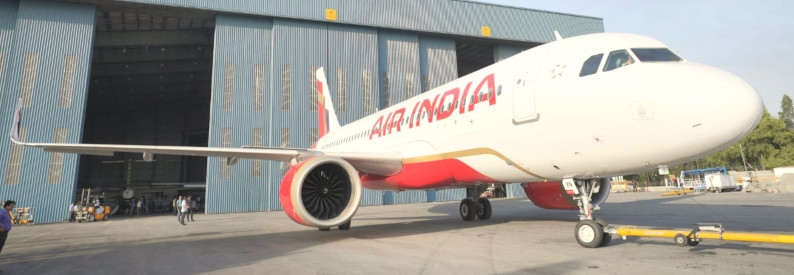
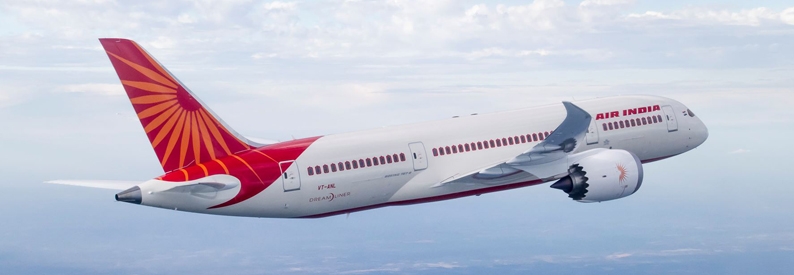
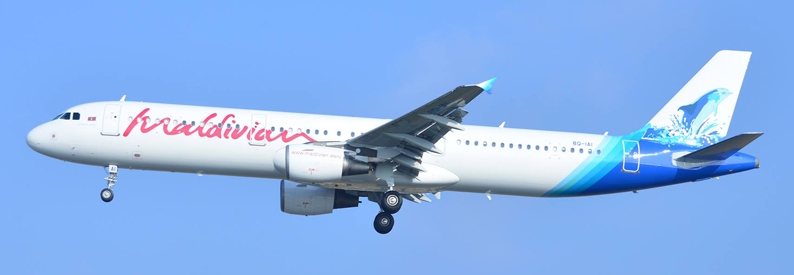
Editorial Comment: Added the comment from the Indian government. - 21Nov2019 - 10:07 UTC